
Nasal congestion is one of the most common ailments among infants. It is estimated that babies suffer from cold and runny or stuffy nose almost every six weeks in the first 18 months of their lives.
Nasal congestion is caused by the swelling of the nasal membranes, which is, again, caused by inflamed blood vessels in the nose. As babies cannot breathe through their mouth for the first six months, this makes them very irritated and fussy and prevents normal sleep, especially during the night.
Causes of nasal congestion in infants
Nasal congestion occurs for more or less the same reasons as runny nose. The most common causes are flu and common cold, allergies or hay fever. However, the reason can also lie in abnormally narrow nasal passages, sinus infections, exposure to irritants or overuse of nasal sprays and similar medications. Vasomotor rhinitis is another possible cause.
Is nasal congestion dangerous?
In most cases, nasal congestion is just a frustrating nuisance and nothing more, and it can be treated quite quickly and successfully. However, in some cases, it can lead to new problems.
Nasal congestion can interfere with not only the feeding and sleeping patterns, but with hearing and speech development as well. Snoring or briefly stopping breathing while sleeping can also occur.
Nasal congestion in infants should always be treated before it has the possibility to evolve into something more serious, like pneumonia or sinus infections.
Treatment for nasal congestion in infants
It is very important to try and make the baby’s nasal passages as clear as possible at all times. This will not only make the baby feel better, but it will also prevent complications. Decongestants are medications that usually come in the form of sprays or drops and they relieve the congestion by reducing the inflammation of nasal linings. However, they should not be given to the baby for more than three days. In addition, it is important to check if a decongestant is suitable for use in infants.
Saline solutions are generally safe for babies, and doctors also recommend infant nasal aspirators, which collect the mucus from the nose.
It also helps to use a humidifier or a vaporizer in the baby’s room, especially during the night, as long as they are frequently cleaned and their filters replaced.
Generally, no remedy or treatment method should be used or adopted before consulting a pediatrician. Infants are very sensitive and their immune system is still quite weak, and only a pediatrician can know for sure if something is safe for them or not.



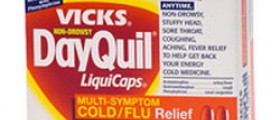
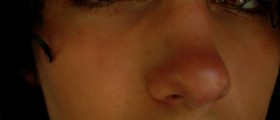
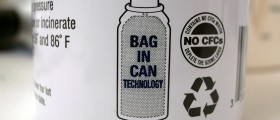

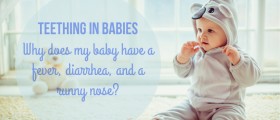
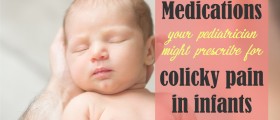
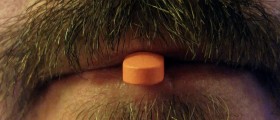
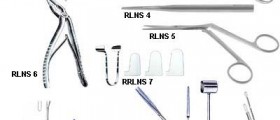



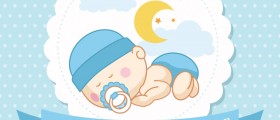

Your thoughts on this
Loading...